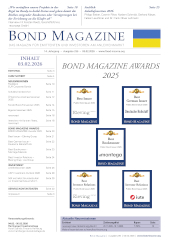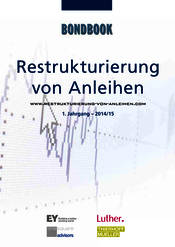The fiscal and economic cost of Israel's latest incursion into the Gaza Strip may cause the government to narrowly miss its budget deficit target this year, Fitch Ratings says. But better-than-expected performance in 1H14 will help offset the impact. Beyond the one-off costs of this operation, the renewed conflict with Hamas may add to pressure to increase defence spending, limiting fiscal flexibility.
It will take time to quantify the direct budgetary cost of the incursion. Very preliminary estimates from the Ministry of Finance suggest it could increase expenditure by 0.3%-0.6% of GDP, potentially spread across this and next year's budgets. The impact on revenues is harder to predict and will partly depend on any wider economic fallout. An initial estimate from the Ministry of Finance puts direct and indirect economic impact at up to 0.1% of GDP.
Israel outperformed fiscal targets in the first six months of the year, with excess revenues and lower expenses bringing the central government's 12-month rolling deficit to about 2.5% of GDP. This was well below the full-year target of 3%, although the revenue impact of the July-August Gaza conflict is starting to be felt in lower consumption and some tax collection postponements. Whether the target is missed depends on the conflict's economic impact and possible offsetting measures or under-execution in other areas. Finance Minister Yair Lapid told a press conference on Thursday that the 2014 budget could probably absorb the costs of the incursion, and that taxes would not be raised.
The fiscal consequences of previous comparable episodes, including the 34-day war with Hizbollah in Lebanon in July 2006, have been contained. Israel achieved better-than-planned budget outcomes in 2006, albeit with growth rates more supportive of consolidation.
Previous GDP declines resulting from comparable conflicts have been temporary (GDP rebounded in 4Q06 after falling in 3Q, for example, and the pattern was similar following Gaza incursions in 2009 and 2012). Nevertheless, the latest incursion presents a potential risk to growth via various channels, for example lower business and consumer confidence, or lower tourism revenues after some airlines temporarily suspended flights to Tel Aviv.
The 2014 incursion may affect budget planning for 2015 by increasing pressure to reverse recent falls in defence spending. This would further constrain fiscal flexibility. Primary civilian spending was 33% of GDP in 2012, the second-lowest in the OECD.
A 2015 budget is due to be presented to Parliament in early November. Our next scheduled ratings review is on 21 November. Whether Israel can continue to reduce its debt/GDP ratio toward the peer median remains one of the key considerations in our assessment, as we said when we affirmed Israel at 'A'/Positive in May.
Israel completed troop withdrawals from the Gaza Strip on Tuesday as a three-day ceasefire began, after a military operation that started on 8 July. Israel said that it had met its aim of destroying tunnels used by Hamas militants.
www.fixed-income.org














